Banning Books: Is It Ethical?
October 22, 2018
During the last week of September each year, the American Library Association brings awareness to the banning and challenging of certain books, and school libraries across the country acknowledge students’ freedom to inform themselves. The week-long dedication brings up the controversial question about banning books- is it ethical?
Although it is commonly believed that banning books is decreasingly necessary and even immoral, there are still certain books that are banned. At the same time, banning books has proven to be a prevalent outlet of information censoring by dictators and prejudiced people throughout history, and even in recent history. This larger issue of censoring of information is fed by limitation of literature and even access to the internet, (hence why the repealing of net neutrality deeply concerns so many people) so banning books is more than a satisfying of angry parents who don’t want their children reading about racial or religious issues- it’s a piece in the chess game of historical politics.
Banning books is the means by which dictators and totalitarian governments convince masses of their truths- when you eliminate information, it can not be used in order to justify a point of view and thus no opposing argument can be made. The present issue, however, prevails as much less severe. The banning of books doesn’t currently attempt to rewrite history or persuade masses, however it does limit imagination and understanding among, especially, children. The banning of J.K. Rowling’s Harry Potter sparked these concerns, with a prevalent argument being that the religious beliefs of one person or group should not affect the education or development of another. An additional instance of this is in the banning of historical books, such as those about the Holocaust and slavery. This is even more dangerous, as sheltering inevitably breeds ignorance.
In recognizing banned books week, we recognize the stance taken by the ALA that parents are responsible for regulating what their child reads or doesn’t read. Although a prevalent motif in today’s day and age is of groups and individuals vying to control everyone else’s beliefs, the beauty of the United States and of most of the modern world is in individuality. Reading and informing oneself is the most powerful way to develop opinions and cultivate that individuality- so the execution of Banned Books Week is not only beneficial to children, but to the world that they are becoming a part of.
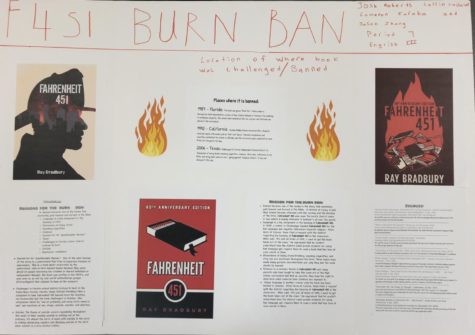

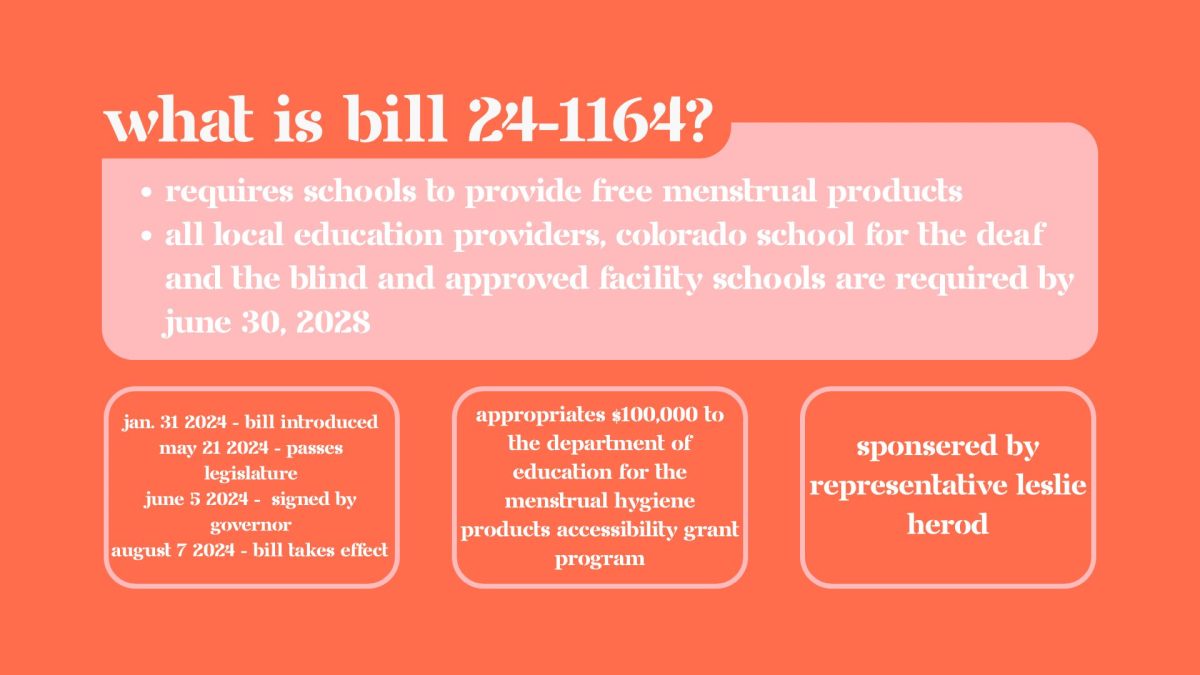

![Minutes before the Activities Fair in the gym, president Abhi Gowda ‘26 prepares the stall for his club Helping Hands, Sept. 4. A relatively new club, Helping Hands was co-started by Gowda and focuses on assisting the homeless, and just last year they succeeded in raising a couple hundred donations to send to shelters. This year, they have goals to expand, with hopes to increase volunteer opportunities and take in-person trips to shelters, as well as extend their help beyond just homeless people. “The Activities Fair gives a lot of underclassmen the opportunity to really get to know the Canyon culture, and it gives them many opportunities for service and volunteering,” Gowda said. “[Through the Activities Fair,] I hope to find a bunch of new and passionate members about our club and just get our name out there and spread awareness to the cause that we’re fighting for.”](https://rockmediaonline.org/wp-content/uploads/2025/09/1-2-1200x885.jpg)


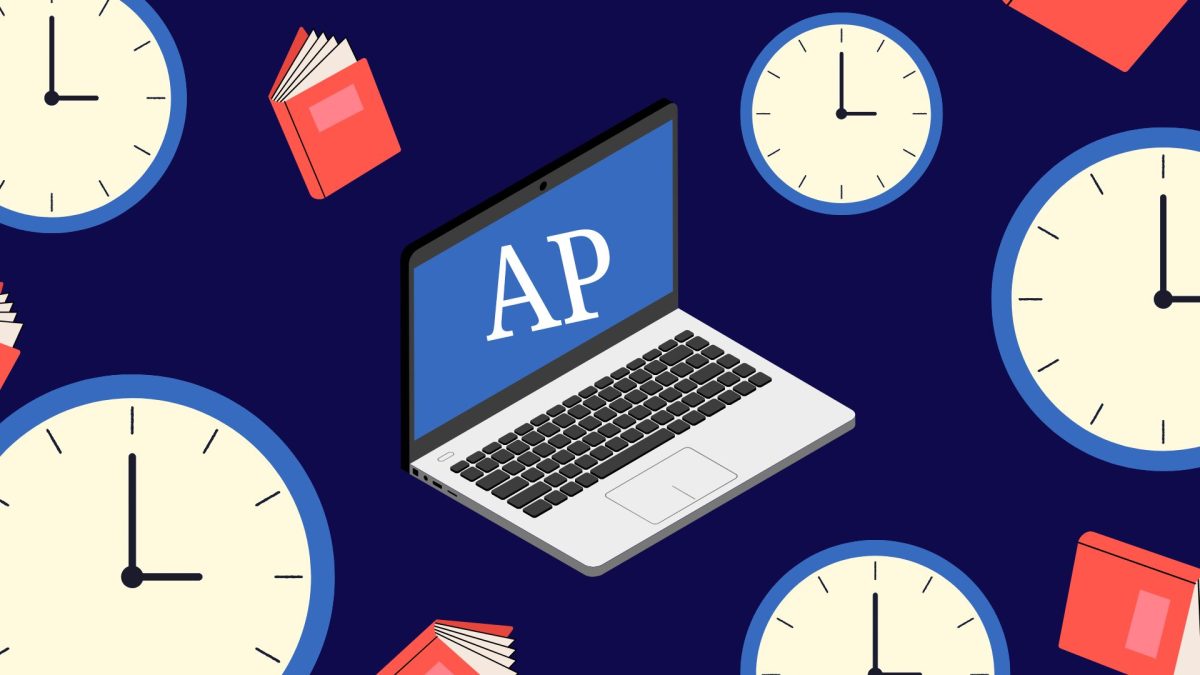
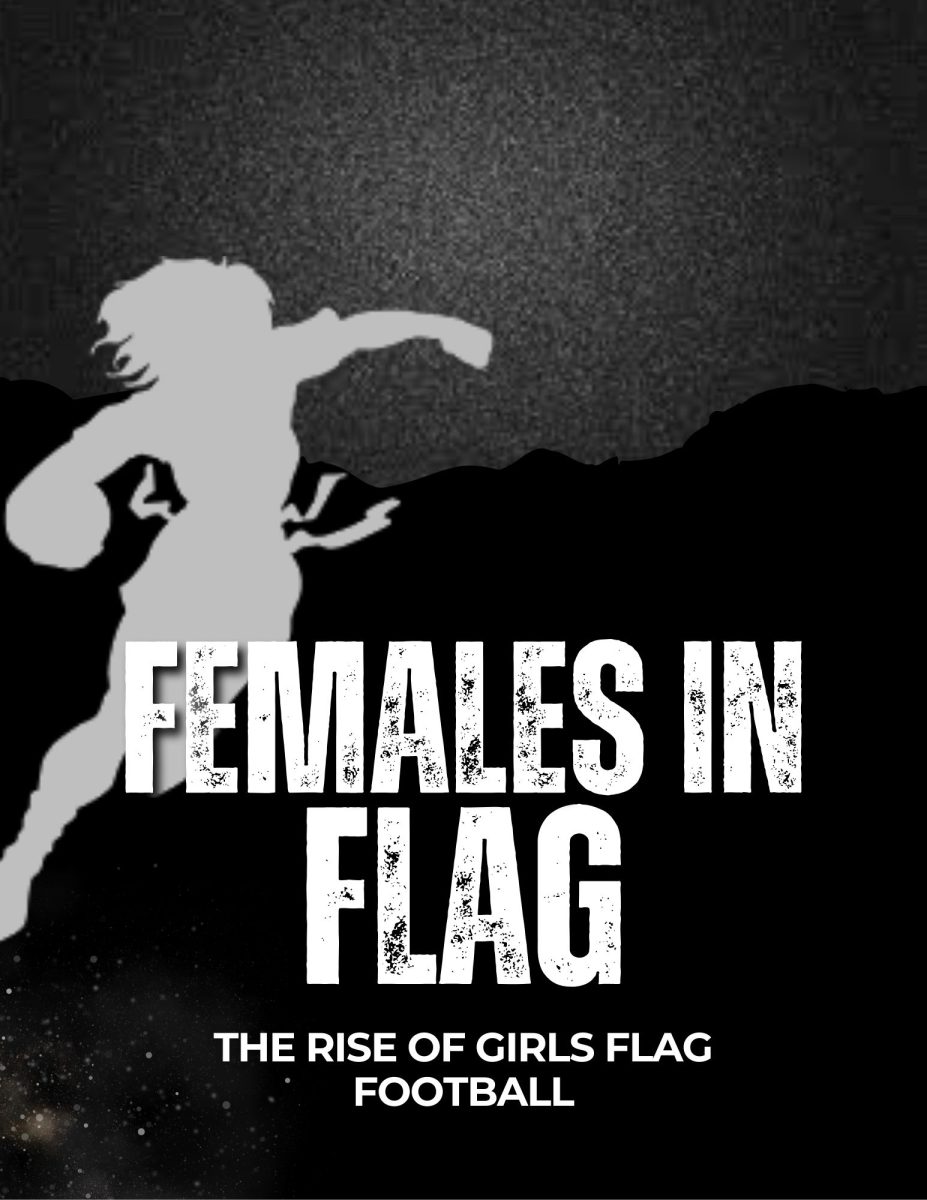

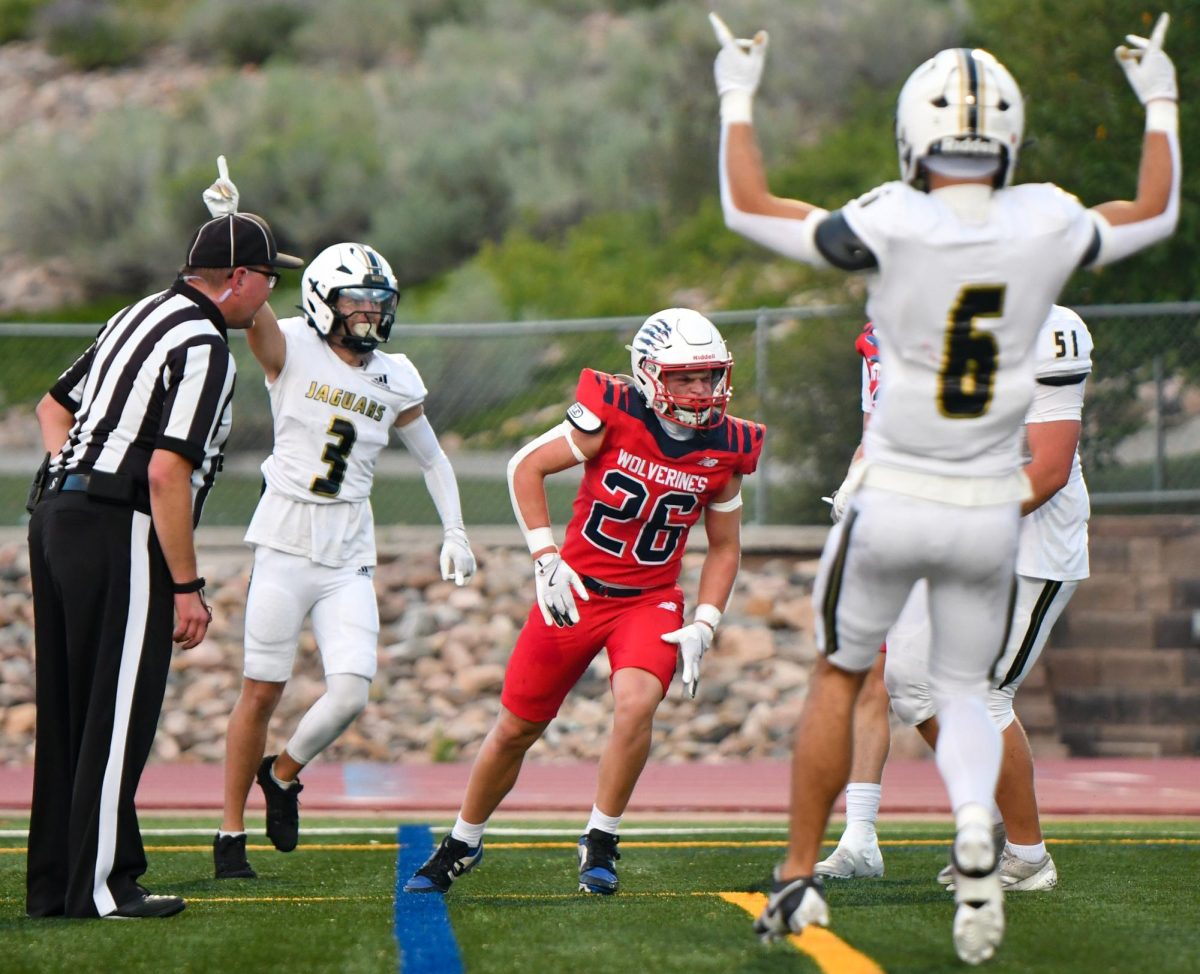

![The winter guard team makes fifth place at the state championship finals in the Denver Coliseum, March 30. The team performed to Barnes Country's “Glitter and Gold,” lead by coaches Margo Sanford, Blair Bickerton and Anna Orgren. In their class there were a total of nine groups participating, and the top five who made it to finals received a plaque. “[Walking onto the stage] is very nerve-wracking, but also very exciting as well. When you first start color guard there's a lot of anxiety and uncertainty when you first perform in front of an audience, but once you've done it for a while, it starts to become the best part of the season,” Ella West ‘25 said. “It's very fulfilling to see an audience react to something you've put your heart and soul into.”](https://rockmediaonline.org/wp-content/uploads/2025/04/Both-socal-media-nd-website-main-1-1200x846.jpg)
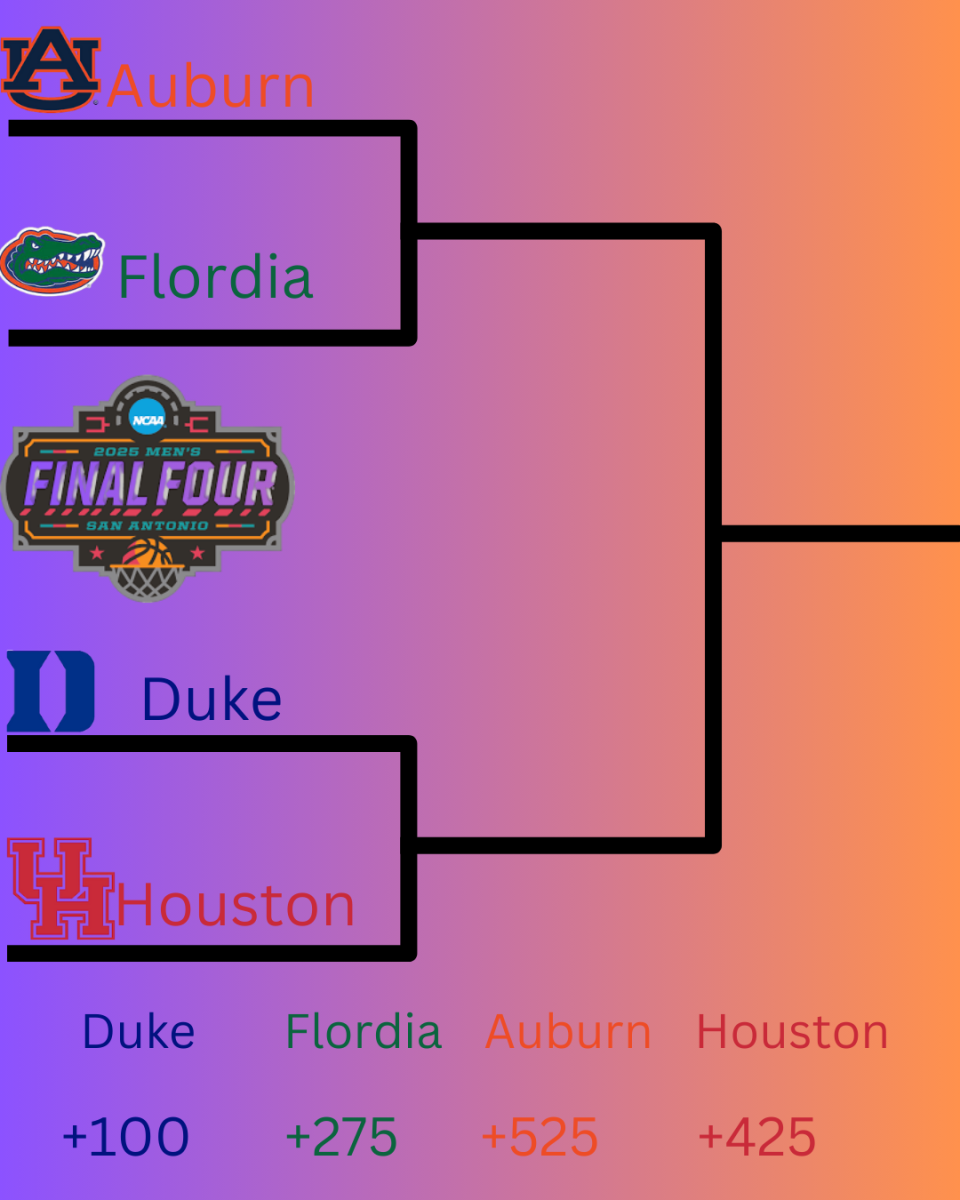

![April marks the 25th anniversary of Sexual Assault Awareness Month, created by the National Sexual Violence Resource Center (NSVRC). This month is to spread awareness of the harassment, assault and abuse that happens around the world. The symbol that represented the month was a teal ribbon; however, some survivors of assault create different symbols and movements like the TikTok trend in 2022, where survivors would tattoo Medusa on their body, in honor of her backstory in Greek Mythology. “I don't think [this month is known] at all. I rarely see anybody talk about it. I rarely see much of an emphasis on posting it online, or much discussion about it, and I feel like there needs to be way more discussion,” an anonymous source said. “I think just validating every experience that a person has gone through, regardless of the degree of it, the severity, is an essential step into making sure that people are aware that this is a very real problem in a society and that we need to do better in addressing it.”](https://rockmediaonline.org/wp-content/uploads/2025/04/IMG_0011-1200x900.jpg)

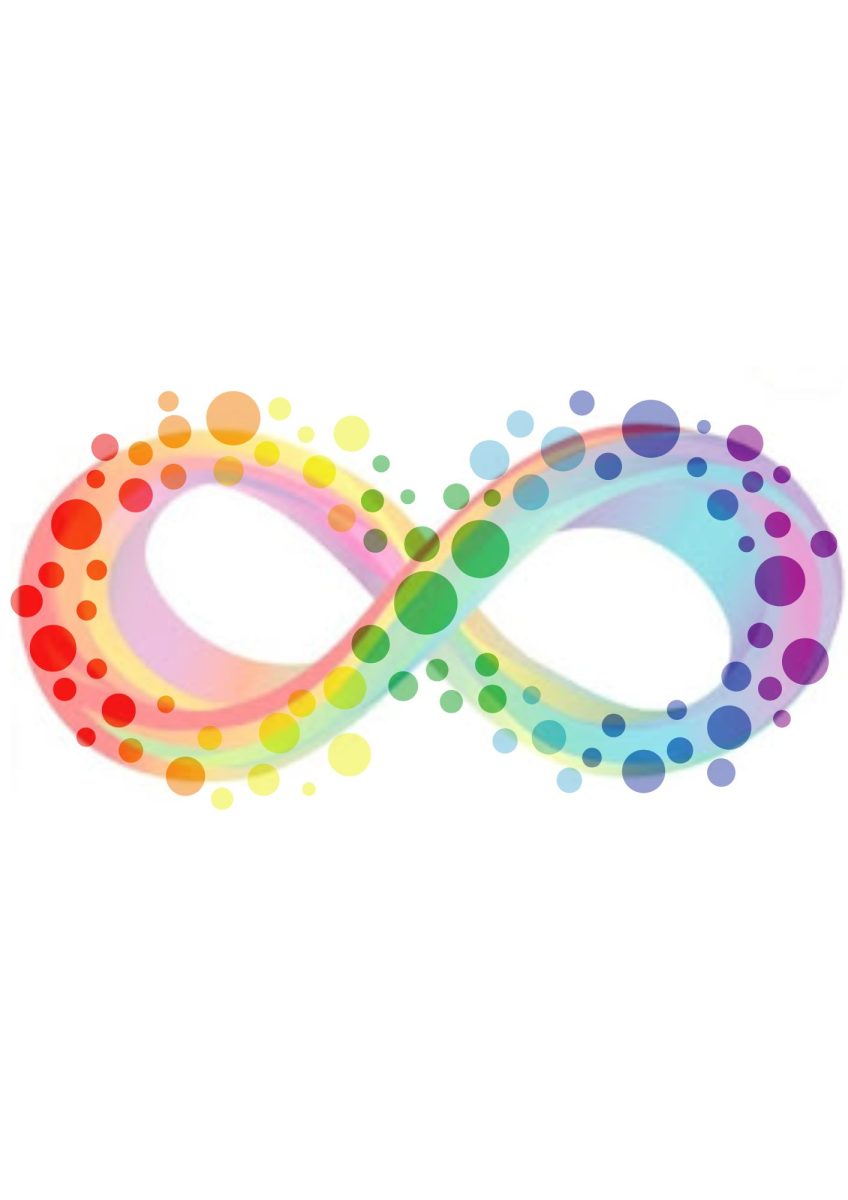




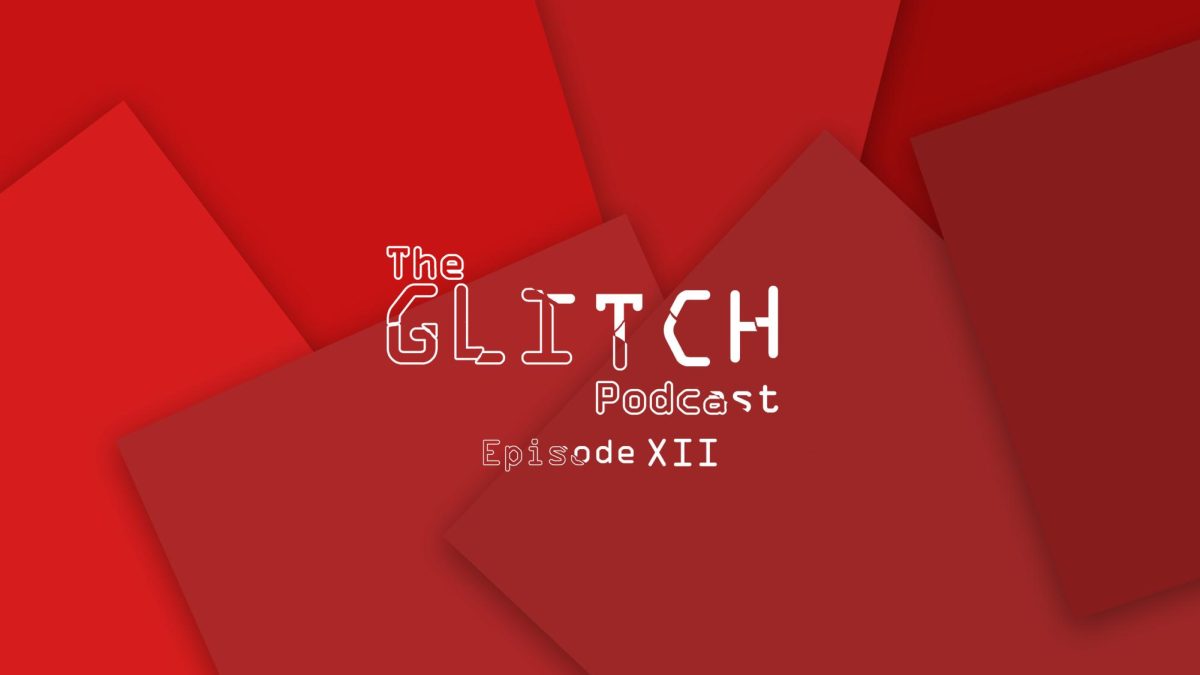
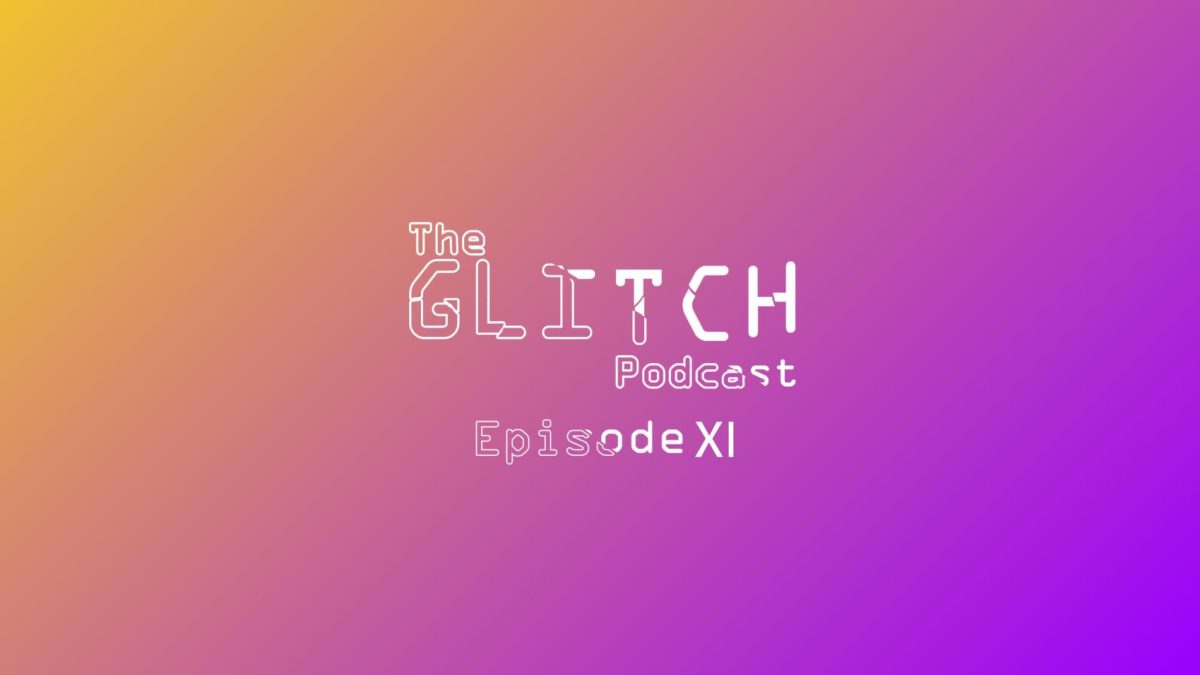
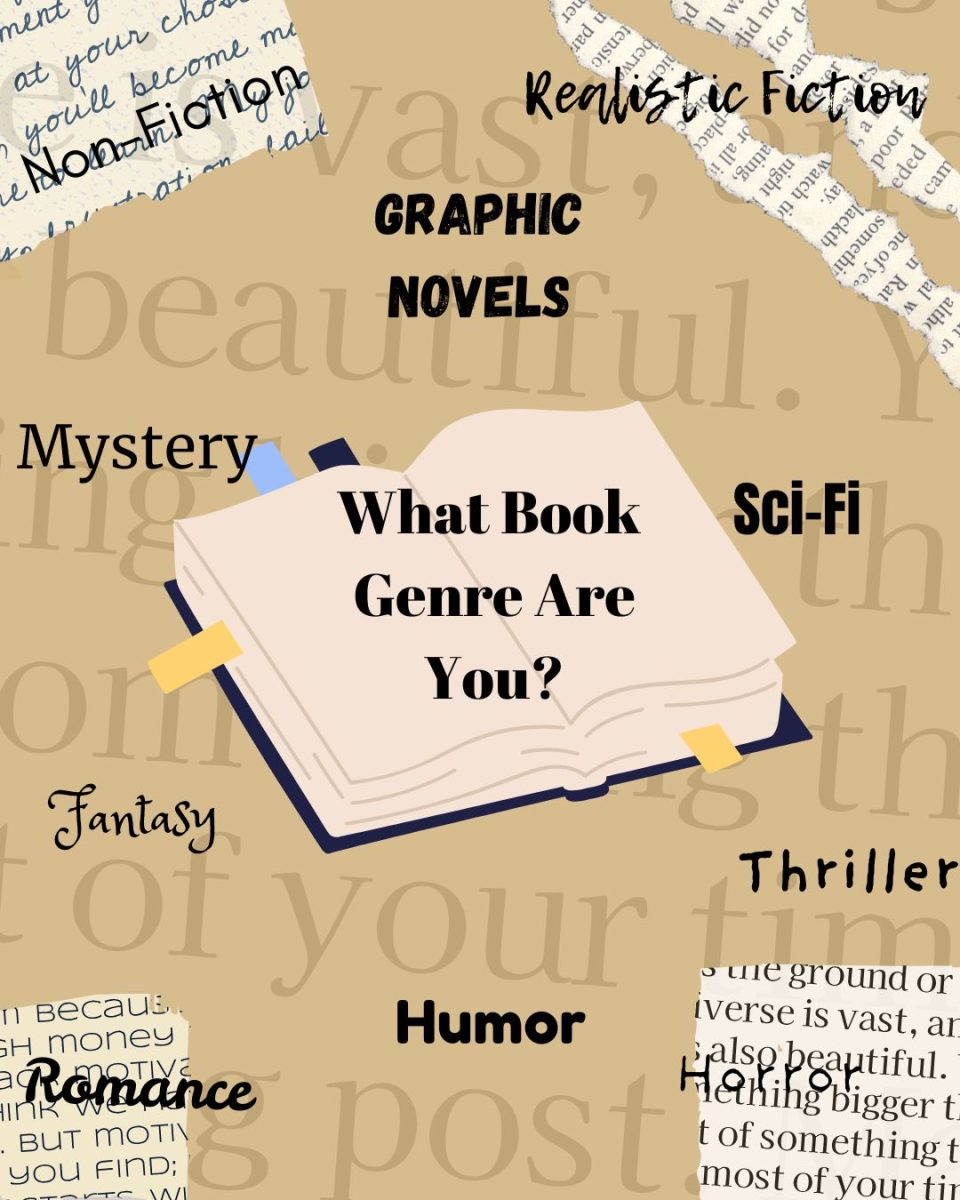
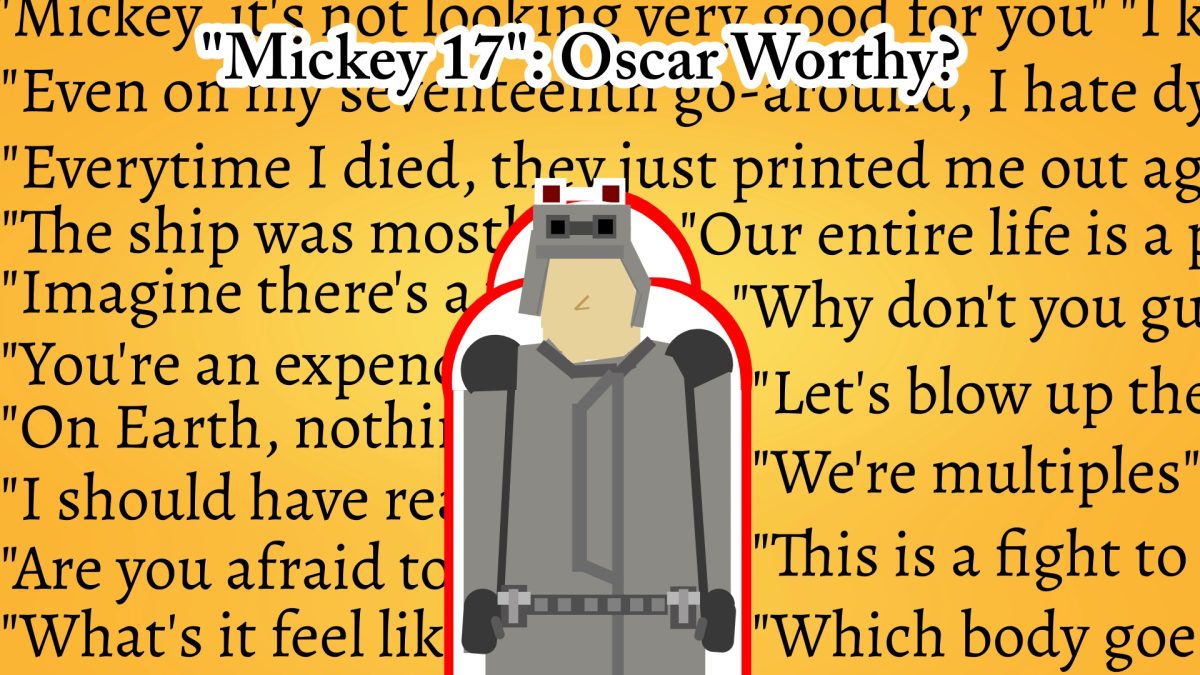

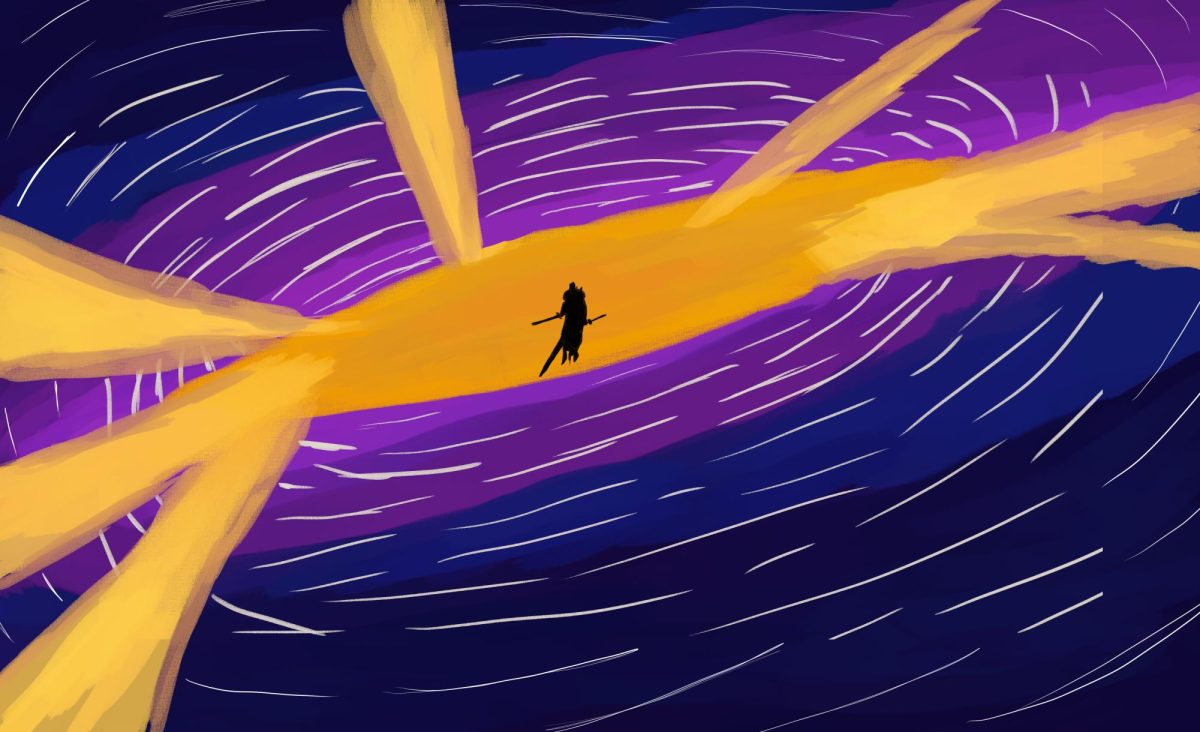
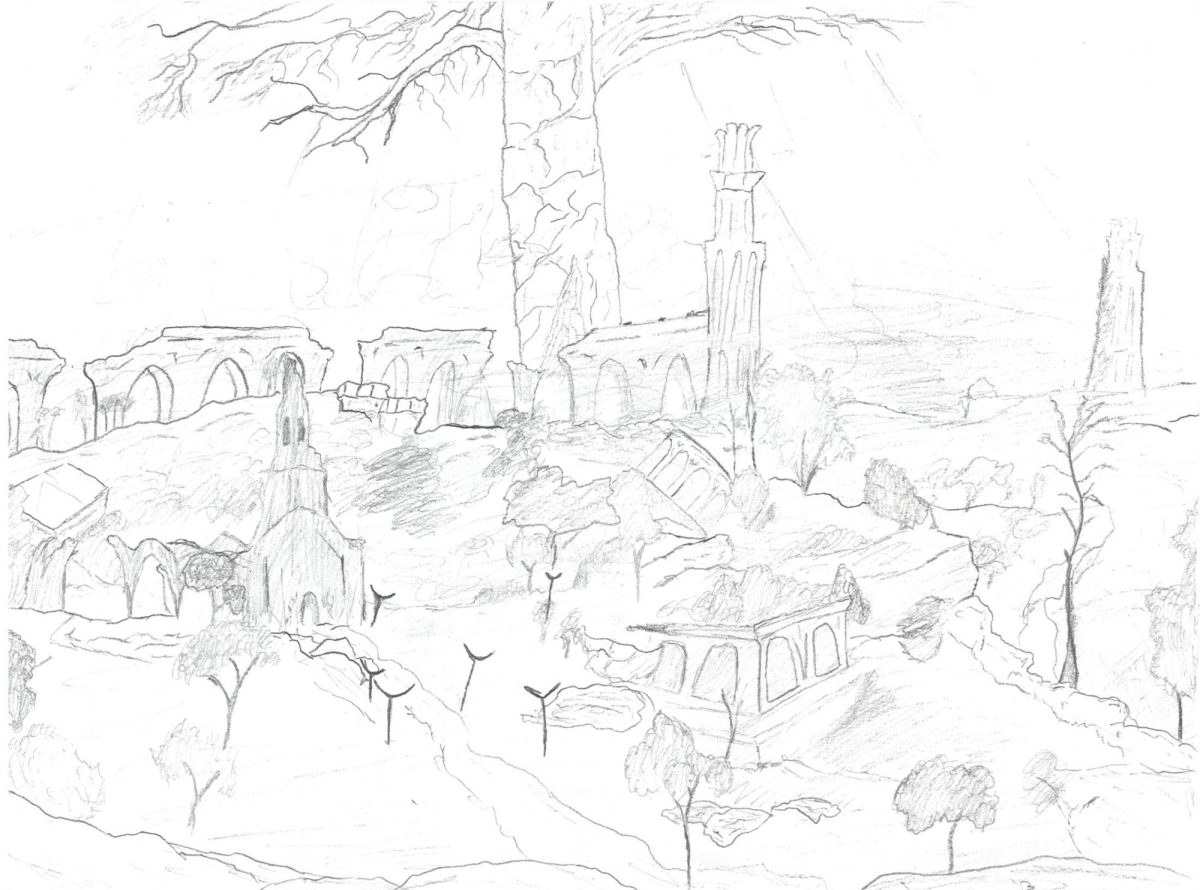
![Lesbian Visibility Day is April 26, and it’s a holiday to celebrate the lesbian community of the world. Lesbian Visibility day was established in 2008 by many queer activists and organizations who sought to raise more awareness for lesbian history and culture. “So this is why during Lesbian Visibility [Day] we celebrate and center all lesbians, both cis and trans, while also showing solidarity with all LGBTQ+ women and nonbinary people,” Linda Reily, in an article written by her, said.](https://rockmediaonline.org/wp-content/uploads/2025/04/Lesbian-Visibility-day.jpeg)
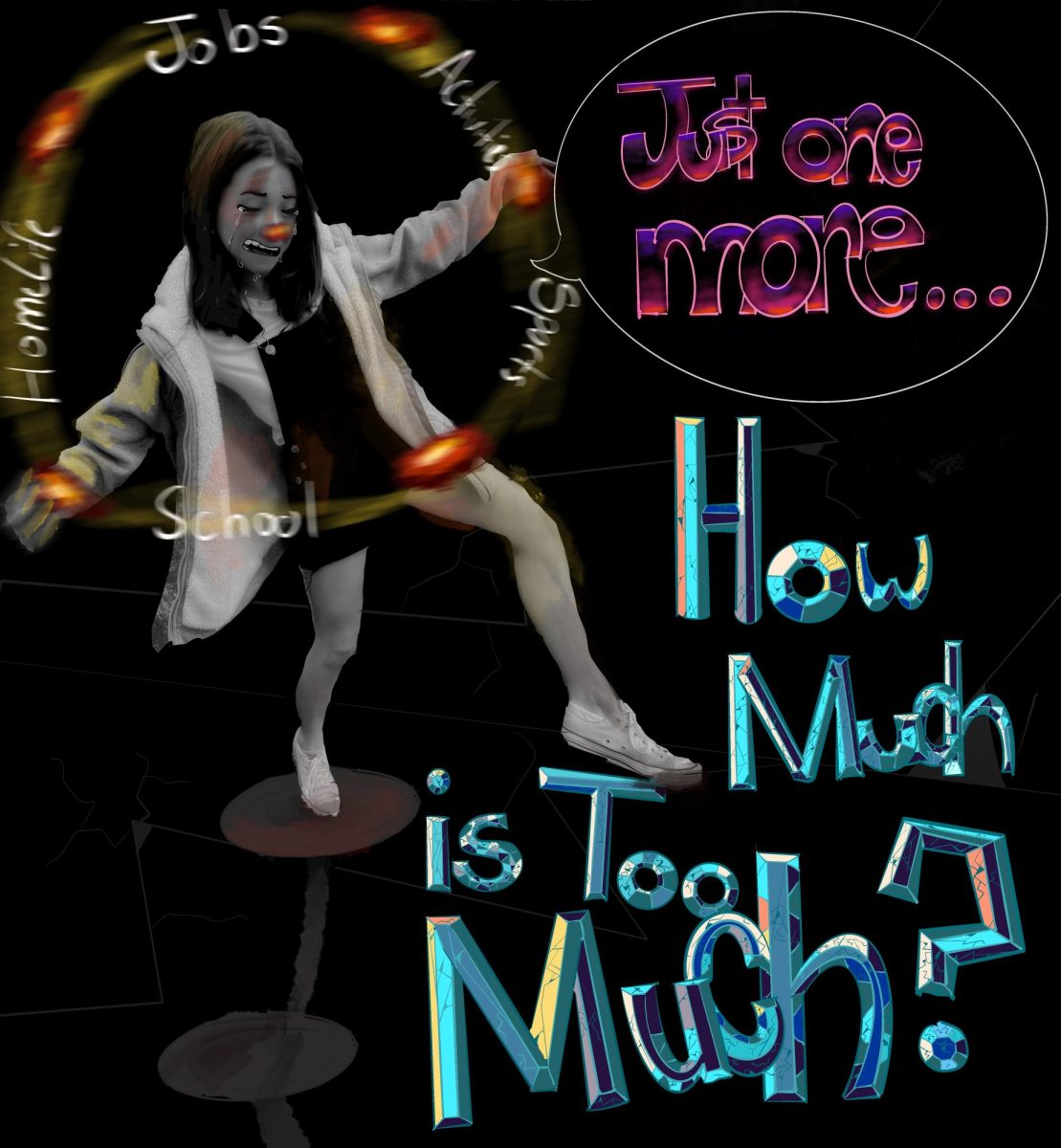


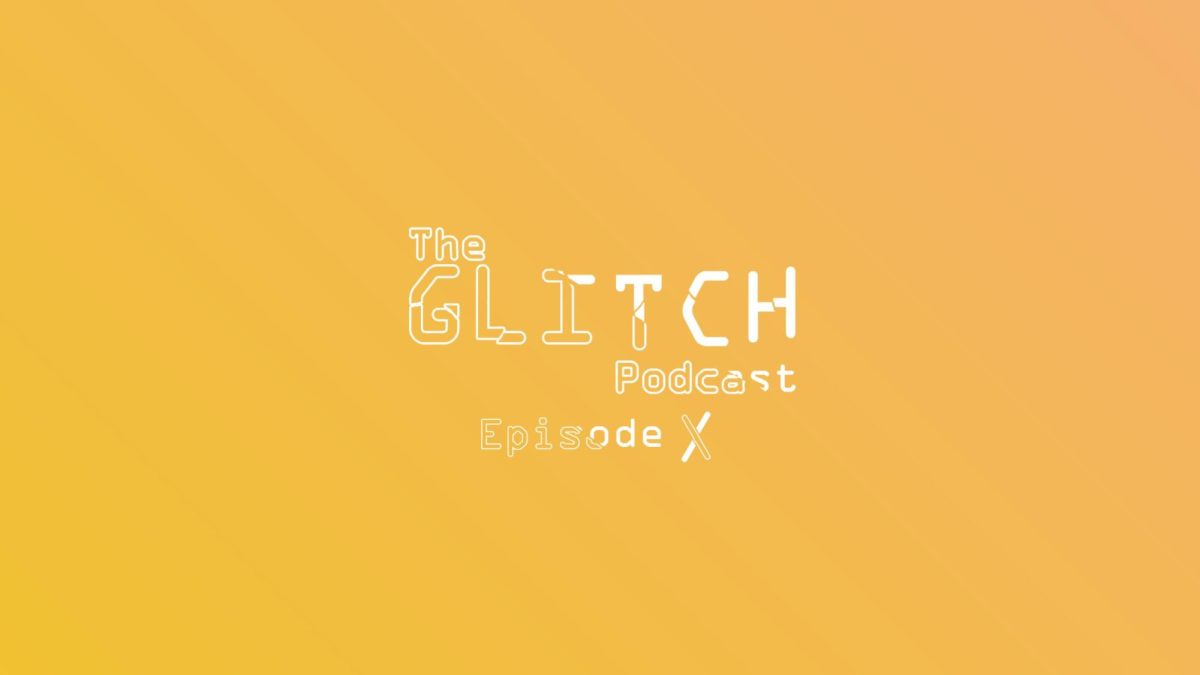

Diane Thoreson • Nov 28, 2018 at 7:46 pm
I like the way you contextualized the issue of banning books. Reading various content helps develop rational opinions.